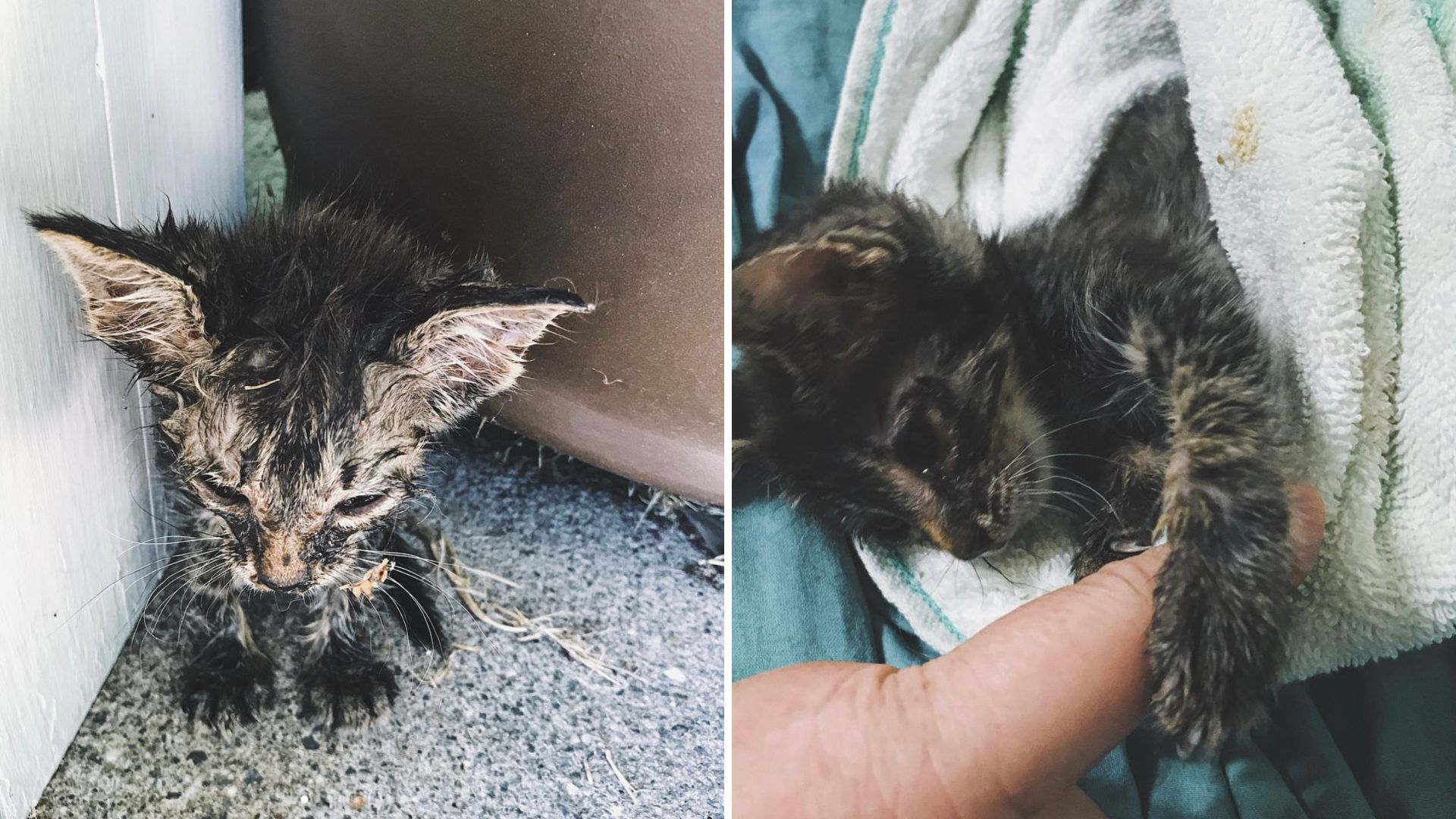It evolved from the same primordial animals as humans.

These creatures have been around for 700 million years. Image credit: Alexander Semenov
If you were asked to name the oldest living thing on Earth, what would you say? A turtle? A whale? A tree? Well, you may be surprised to know that the answer is none of these. According to a recent study by scientists at the University of California, Berkeley, the oldest living creature on our planet is a jellyfish-like organism called a ctenophore, also known as a ctenophore.
Ctenophores aren’t actually jellyfish, but rather belong to a different group of animals that have eight sets of cilia, or hair-like structures, that they use to swim and feed in the ocean. They are also bioluminescent, meaning they can produce light from their bodies. Some of them can even regenerate parts of their body if they are injured.

Ctenophores are bioluminescent and some can even regenerate their bodies. Image Credit: Orin Zebest
Ctenophores have been around for a long time, up to 700 million years ago, according to the study. That’s far longer than dinosaurs, which appeared only 230 million years ago, and even longer than sponges, previously thought to be the oldest living animals with fossils dating back around 600 million years.
How did scientists discover that ctenophores are the oldest living things? They used a technique called comparative genomics, which involves analyzing the DNA sequences of different animals and looking for similarities and differences. By comparing the genomes of the ctenophores to those of other animals, such as sponges, jellyfish, worms, flies, and humans, they were able to piece together the evolutionary history of all the animals and determine which ones diverged from the common ancestor first.

Image credit: Alexander Semenov
The common ancestor of all animals was probably a soft-bodied creature that lived in the ocean about 600 to 700 million years ago. It left no fossils behind, but by studying its living descendants, we can learn more about what it was like and how it gave rise to the amazing diversity of life we see today.
The study also revealed that ctenophores are very different from other animals in terms of their genes and biology. For example, they have a unique way of developing from egg to adult, and they have a different nervous system than any other animal. They also have genes not found in any other group of animals, suggesting that they have developed some novel features independently.
Comb jellies have many different species and they are all amazing as this video from MBARI demonstrates.
The discovery of ctenophores as the oldest living creatures on Earth has important implications for our understanding of animal evolution and biodiversity. It shows that animals have been evolving for much longer than we thought, and that there are still many mysteries and surprises waiting for us in the natural world.





